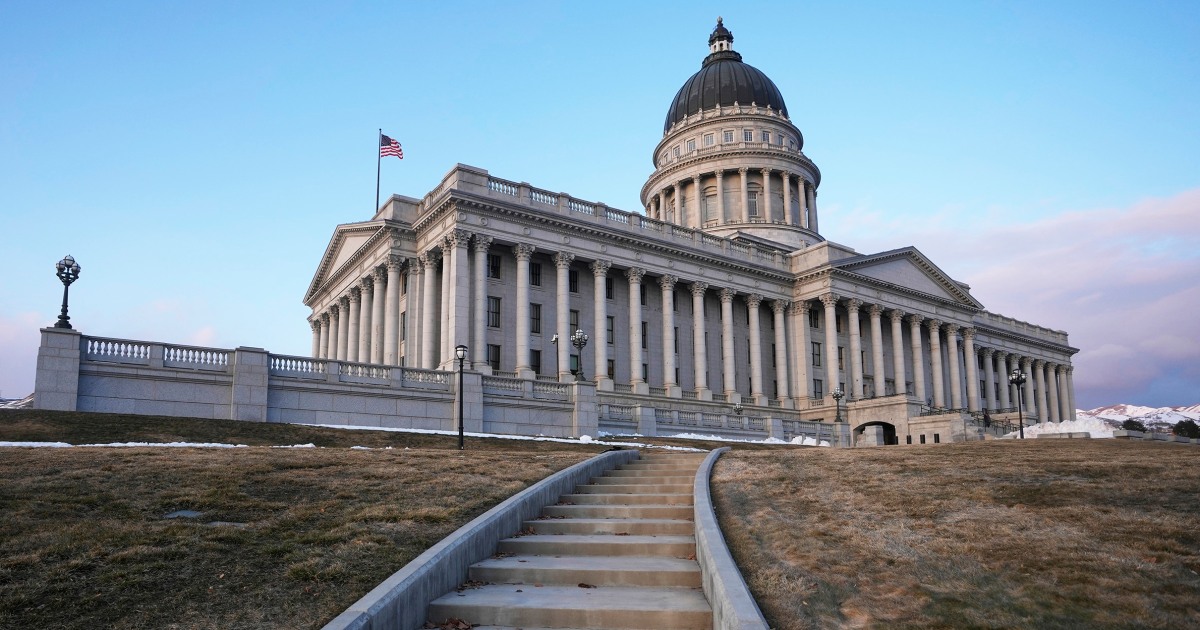A Utah judge late Monday night rejected new congressional district lines drawn by Republican state lawmakers, instead approving a new map drawing a solidly Democratic seat with voters from Salt Lake City that’s likely to flip in next year’s midterms.
The ruling is a blow for Republicans, who had designed a map to protect the state’s all-GOP congressional delegation, and a big win for Democrats who have struggled to find places to respond in kind to Republicans’ mid-decade redistricting efforts and win control of the House.
The ruling is the latest in a years-long legal battle over Utah’s anti-gerrymandering rules, which started long before the national redistricting arms race that has played out this year.
Utah voters narrowly approved a ballot initiative in 2018 that created an independent redistricting commission that recommends congressional maps and writing antigerrymandering rules into law. The GOP-controlled Legislature has worked to circumvent the changes by weakening the commission and ignoring its proposed map after the 2020 Census.
Advocates including the League of Women Voters of Utah and Mormon Women for Ethical Government filed a lawsuit arguing that Republican lawmakers were gerrymandering in violation of the law. A district court agreed with the plaintiffs and ordered the Legislature to draw a new map.
The map drawn by GOP lawmakers would have resulted in four districts that were solidly or leaned Republican, though two would have been more competitive than the current iteration. It proposed splitting the populous Salt Lake County into two districts instead of four.
But Utah District Court Judge Dianna Gibson tossed that map in favor of one suggested by the plaintiffs. In a late night ruling, she concluded that Republicans had impermissibly considered political data and gerrymandered in favor of their own party.
In its place, she chose a congressional map referred to as “map 1,” which includes a Democratic-leaning district anchored in northern Salt Lake County; it is approximately 43% Republican, according to court filings.
The court’s overnight ruling comes just before the state’s election officials need to start preparing for next year’s primary elections on Tuesday morning.
Republicans have also vowed to pursue a ballot initiative to undo the anti-gerrymandering measure voters passed in 2018.
Utah, along with Ohio, is one of just two states that are required to redraw their maps this year. But they’ve had plenty of company, with Texas, Missouri and North Carolina enacting new maps to shore up the GOP’s narrow U.S. House majority at President Donald Trump’s urging.
In response, voters in California last week approved a new map designed to net Democrats up to five House seats. And Virginia Democrats last month took the first step toward a mid-decade redistricting effort.
Several Republican- and Democratic-led states are also considering redrawing their maps.

